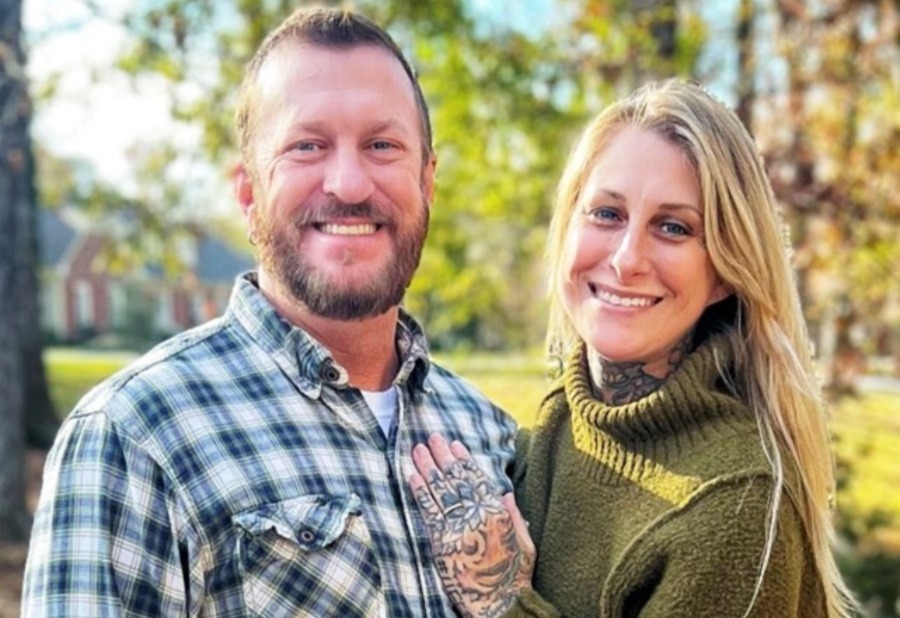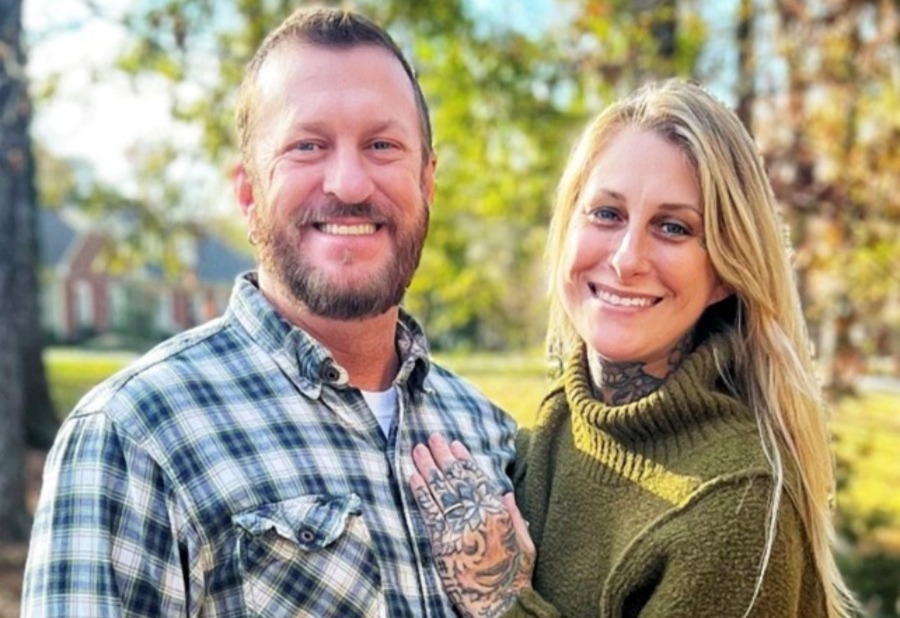Sex, Intimacy and mBC
By Beth


Let’s talk about SEX!
Of all the things I thought I would lose to cancer, sexual function was never one I considered, but here I am, writing a blog about sex and intimacy (or the lack of, in my life).
In the beginning, I didn’t realize the mental and emotional toll cancer would have, but when I was diagnosed with mBC at just 34 years old, I couldn’t begin to imagine how being thrust into surgical menopause would change my life. Never mind the hot flashes, dry skin and hair, those are minor inconveniences comparatively, but what I want to talk about is vaginal atrophy, painful urination, and the loss of libido.
I’ve spoken about this publicly before and lots of other patients, metastatic and early stage alike, have joined in to say that they suffer from the same debilitating sexual issues. I’ve also approached several doctors and physical therapists and it seems that our options are pretty limited, especially for us hormone positive patients (I had mets to my reproductive organs and vaginal wall, so estrogen creams are a no-go for me). And look, in the grand scheme of things, I’m alive and sex may not be vital to my survival, but it certainly has an impact on my quality of life (and my partner’s, too!).
Not only is sex extremely painful for me, but my desire to get down also isn’t what it used to be. It’s hard to be aroused when thinking about the actual act of sex being so uncomfortable, even with aids like lubricant and vaginal dilators. While there are certainly other ways to be intimate with my partner, sex is important to me. I used to love it and I would really love to have my pre-cancer drive and desire back.
Sex is a taboo topic, but it seems especially so when women initiate conversations around it. Some women are afraid or embarrassed to talk to their physicians and oncologists about it and the doctors are focused on other things, like keeping us alive, so it’s a non-issue for our medical providers. Plus, breast cancer has been long considered an older woman’s disease, women who were already in menopause, but today we have younger and younger women being diagnosed and thrust into surgical or chemical menopause, patients even in their late teens and early 20s!
So where do we go from here? First, I say let’s be more open to talk about sex.
- Don’t be embarrassed to talk about sex with your health care provider. If sexual dysfunction is something you’re experiencing, speak up. Talk with your doctor or nurse and discuss your options.
- You can also request a referral to a Pelvic Floor Physical Therapist. I have to say this has been a life saver for me personally, especially addressing the painful urination. Plus, she gave me some fun PT “exercises” (and its way more than Kegels) that my partner can help with to aid in breaking the ice, so to speak.
The best advice I’ve received to date is that “If you don’t use it, you lose it,” which is SO true. The less you use your vaginal canal the more the tissue is prone to atrophy and painful intercourse. I know that it can be uncomfortable to start these conversations, but I hope that by sharing a little about my struggles I will encourage others to talk more openly about sexual dysfunction that can be associated with BC and its treatments. Perhaps the more of us who speak up, the more likely we are to get access to options to combat this in the future.
Happy exploring!
For additional support, please visit our resources page from our partners in Metastatic Breast Cancer.










